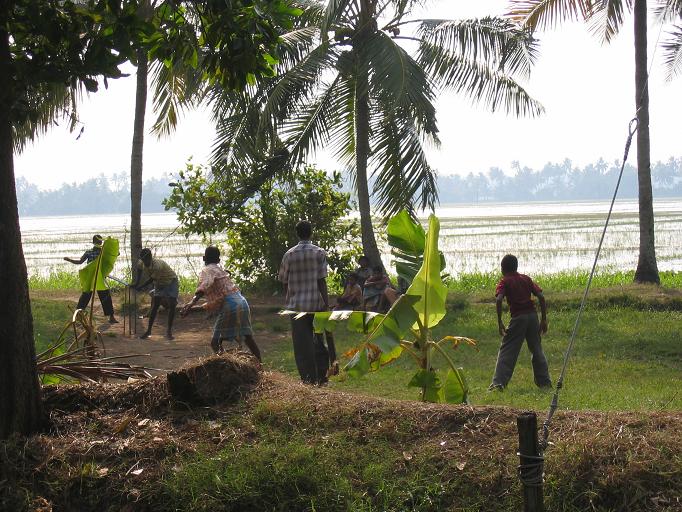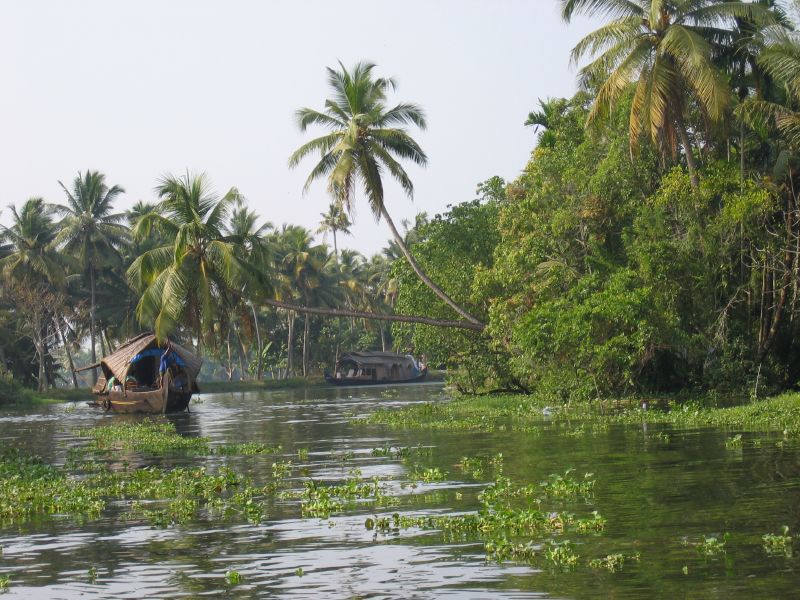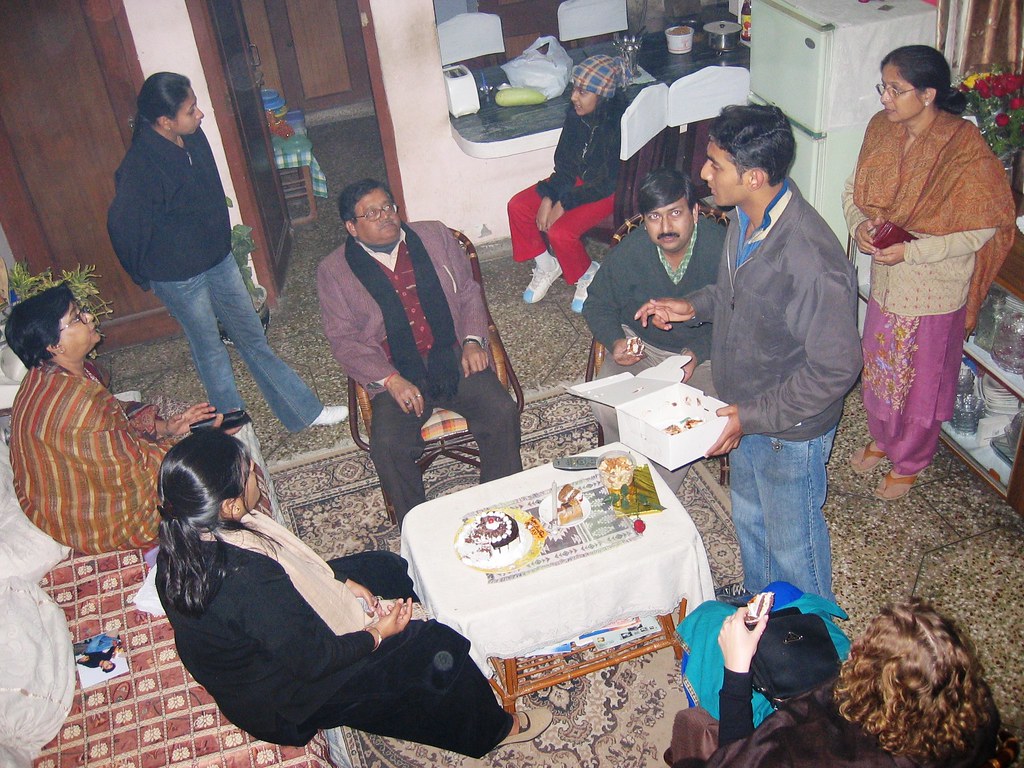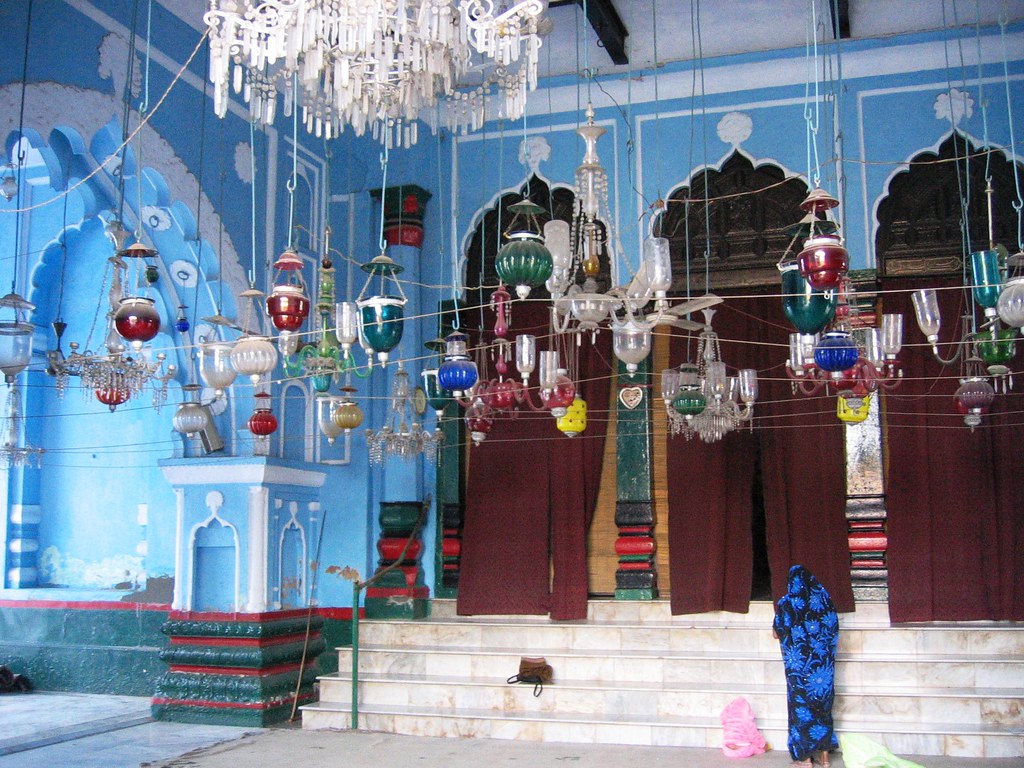Going home - A return to the regular universe
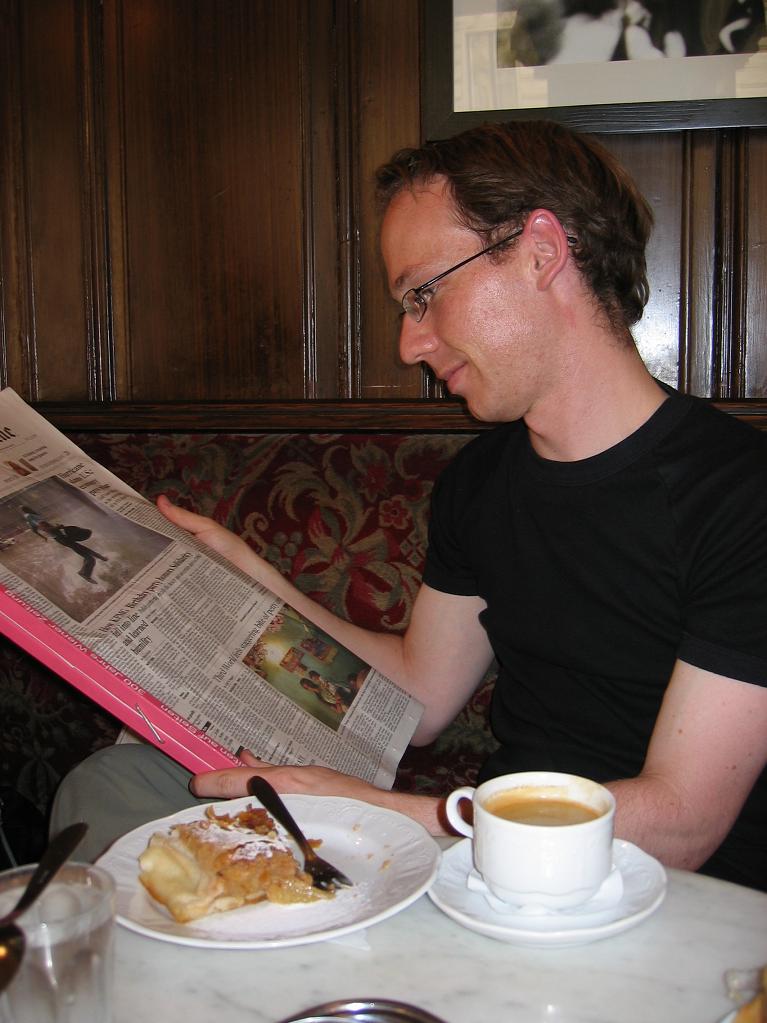 The results are in. The best coffee was in Vienna, the cheapest beer in Slovakia. Hungary's 'Bull's Blood' red wine beats all comers, and in hindsight it was a mistake to buy wine from a Mongolian supermarket with horses tethered out the front. There is probably no better place in the world to drink tea than the corridor of a Trans-Siberian train, taking your time as you stare out at the Russian taiga, although the cafe underneath Cesky Krumlov's fairy tale castle comes close. And if there were two rules I've learned on this trip, it's that you shouldn't touch the dhal in Kolkata, and that you should wear a raincoat on Russian trains (lest your roommate takes a midnight whiz).
The results are in. The best coffee was in Vienna, the cheapest beer in Slovakia. Hungary's 'Bull's Blood' red wine beats all comers, and in hindsight it was a mistake to buy wine from a Mongolian supermarket with horses tethered out the front. There is probably no better place in the world to drink tea than the corridor of a Trans-Siberian train, taking your time as you stare out at the Russian taiga, although the cafe underneath Cesky Krumlov's fairy tale castle comes close. And if there were two rules I've learned on this trip, it's that you shouldn't touch the dhal in Kolkata, and that you should wear a raincoat on Russian trains (lest your roommate takes a midnight whiz).
Perhaps the most wonderful thing about a seven month trip is that, for most of it, you think that it will never end. It stretches before you, a vast empty space of possibility, and you are so filled with excitement and anxiety about the days - no, hours - ahead that you never give a thought to the fact that it might end one day. And then, of course, it does. My feelings are mixed at the end of this trip - a wonder at what I've seen, a sadness that it has passed.
Seven months on, the possibilities have been replaced with memories which seem to fade more and more each day. Thankfully, the mundane is what you forget first. It seems unimportant to me now that our train into Lucknow was several hours late, that we unexpectedly had to spend the night in a mawkish hotel, and that our only meal of the day was a room service cheese sandwich which seemed to be missing its two main ingredients. And I'm not upset that I have forgotten the details of the uncountable hours of waiting that travel involves - staring at ceilings in airport lounges, swatting at mosquitoes on Indian train platforms. Even the bad experiences - battles with Russian bureaucrats, near-hypothermia on Sichuan buses - have lost their bite and reshaped themselves as pub stories ready for delivery when I get home.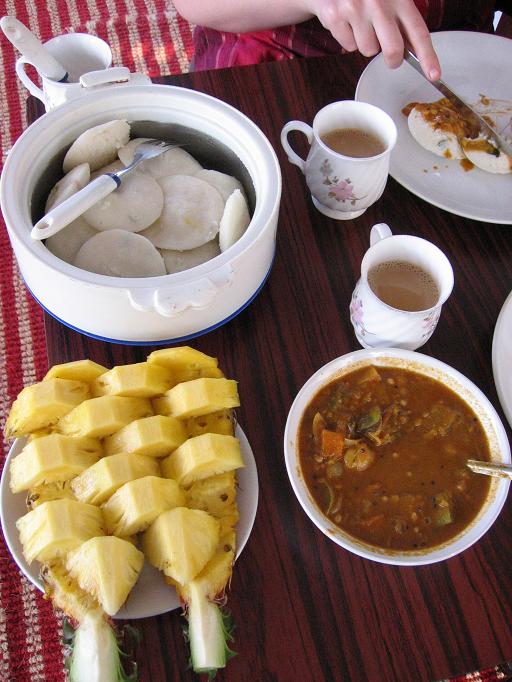 So in the end what is left is a powerful sense of the joy and thrill of travel. It is, in a way, a parallel universe. At home life is grounded in a mostly welcome routine, and everyday life, from the breakfast on your table to the bed you sleep in, follows a largely expected path. But overseas it's different. There are three bedrooms a week, and whereas it was toast and eggs on Monday it's idli and sambar on Friday. You experience freedoms that you forget you don't have at home, like wandering out into the day without a care for where you end up, or snubbing your nose at obligation (the must-see museum/restaurant/market) to spend the afternoon with a good book. And then there is the way in which this parallel universe of travel seems to yield a more generous serving of the bizarre, from running into friends from home in cities of 12 million people, to bumping into the English cricket team at the poolside of India's most luxurious hotel.
So in the end what is left is a powerful sense of the joy and thrill of travel. It is, in a way, a parallel universe. At home life is grounded in a mostly welcome routine, and everyday life, from the breakfast on your table to the bed you sleep in, follows a largely expected path. But overseas it's different. There are three bedrooms a week, and whereas it was toast and eggs on Monday it's idli and sambar on Friday. You experience freedoms that you forget you don't have at home, like wandering out into the day without a care for where you end up, or snubbing your nose at obligation (the must-see museum/restaurant/market) to spend the afternoon with a good book. And then there is the way in which this parallel universe of travel seems to yield a more generous serving of the bizarre, from running into friends from home in cities of 12 million people, to bumping into the English cricket team at the poolside of India's most luxurious hotel. There are people I have met on this trip who have been in this parallel universe for three, four, five years. But for me, it's time to return to earth. As thrilling as it is, it's a ride that has to end. I'll probably spend the rest of my days trying to recapture the feeling of standing in the middle of the Gobi desert, emptiness in all directions, but that's not a reason to go and live there. I miss muesli for breakfast, I miss getting excited and angry about Australian things, and I miss the people who make it home. So I'm going to pick up my bag of fading memories and take that Qantas plane out of Bangkok, back to the regular universe.
There are people I have met on this trip who have been in this parallel universe for three, four, five years. But for me, it's time to return to earth. As thrilling as it is, it's a ride that has to end. I'll probably spend the rest of my days trying to recapture the feeling of standing in the middle of the Gobi desert, emptiness in all directions, but that's not a reason to go and live there. I miss muesli for breakfast, I miss getting excited and angry about Australian things, and I miss the people who make it home. So I'm going to pick up my bag of fading memories and take that Qantas plane out of Bangkok, back to the regular universe.
Photos of Kerala, Goa, Mumbai and Bangkok
